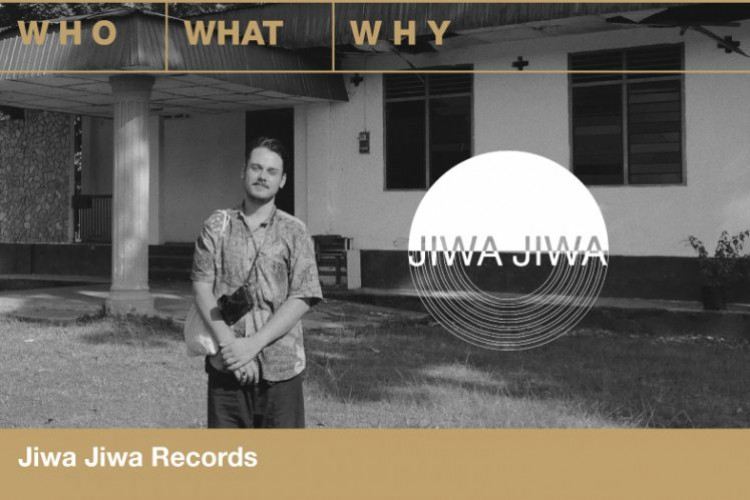
Public Lecture
The Indonesian Political System after Reformation
Speaker: Marsillam Simanjuntak
Indonesia essentially adheres to a presidential system of governance. The fact is that after the Reformation this nation state becomes more strongly influenced by parliamentary involvement. The President, despite being directly appointed by the people, is still held hostage by “political realities”, such as the Parliament’s ability to come into opposition with the President, as well as multiparty interests held by government coalition. In effect, the government becomes something that emerges out of a series of negotiations to maintain the stability of presidential power, however limited this power may be.
On the other hand, the New Order and Old Order regimes both represented the limitless power vested in the president, resulting in a very strong state. This absolute authority essentially managed to silence the people’s voices, but it culminated in numerous rebellions, riots, and social protests.
This public lecture aims to discuss Indonesia’s political system after the Reformation, after the state disappeared, held hostage by multiparty and factional interests. In addition, it will discuss whether the people’s voice is still effective today.
Marsillam Simanjuntak, the featured speaker of this public lecture, has held various governmental positions at various points of his career, such as Minister of Justice, Attorney General, and Chairman of Unit Kerja Presiden Pengolahan Program dan Reformasi [The Presidential Working Unit for the Management of Programs and Reformation]. As an activist, he was involved in Malari. He was amongst the opposition during the New Order regime, and helped found Forum Demokrasi. He published a book Pandangan Negara Integralistik (1994).











